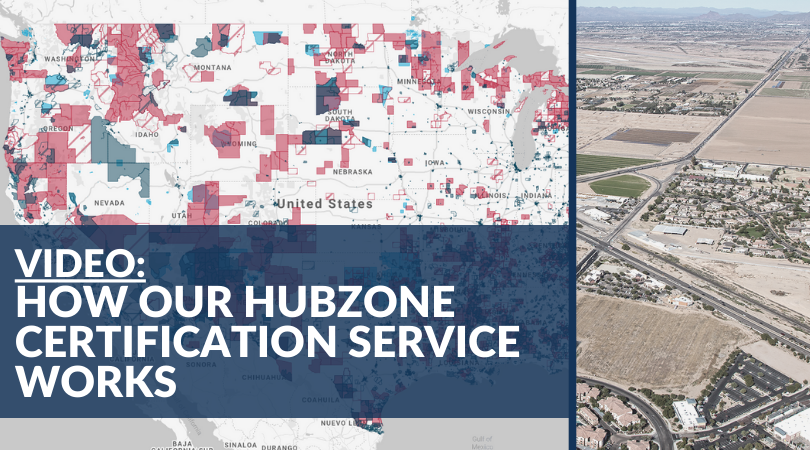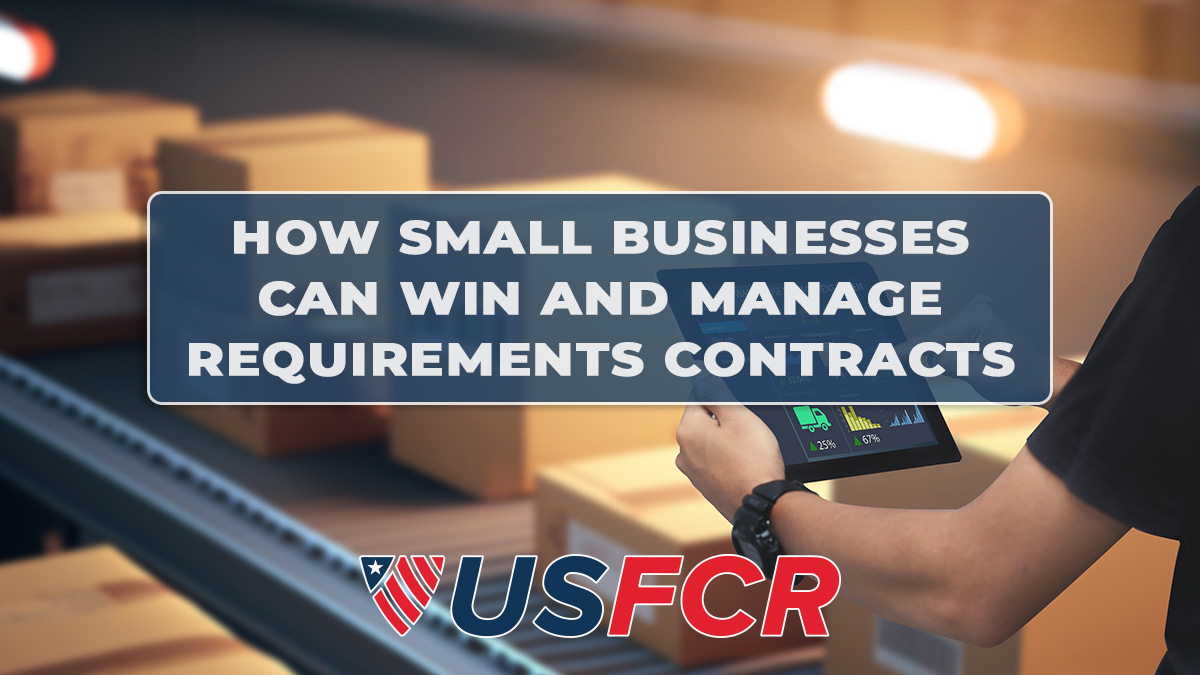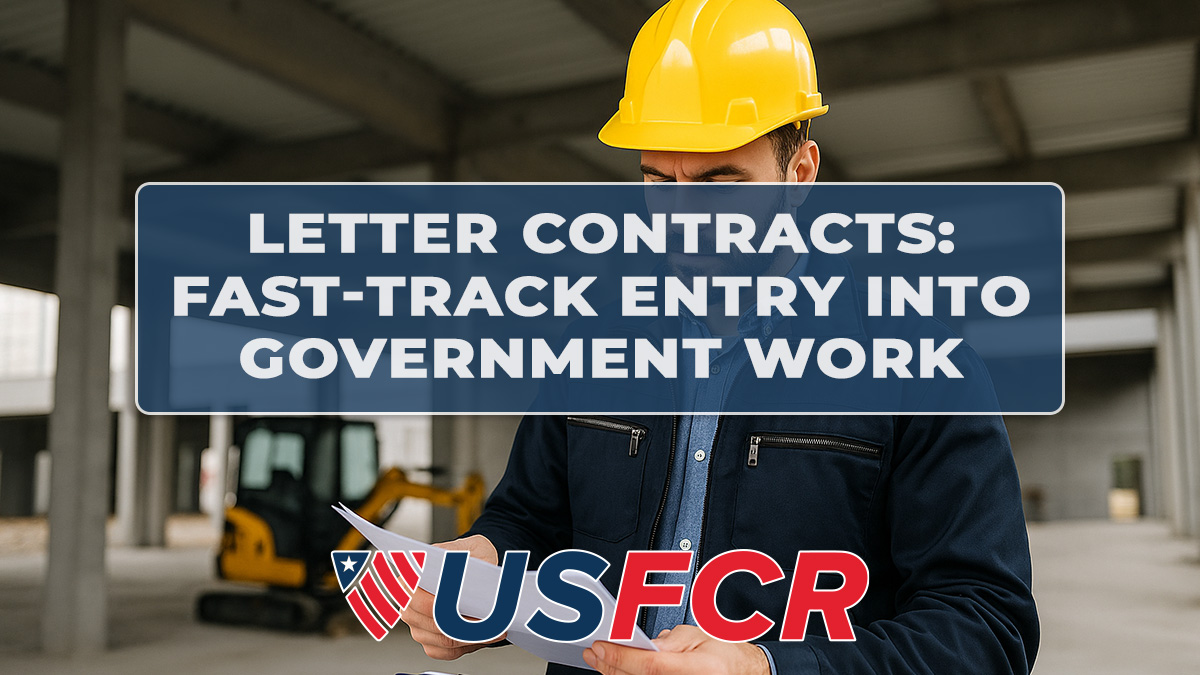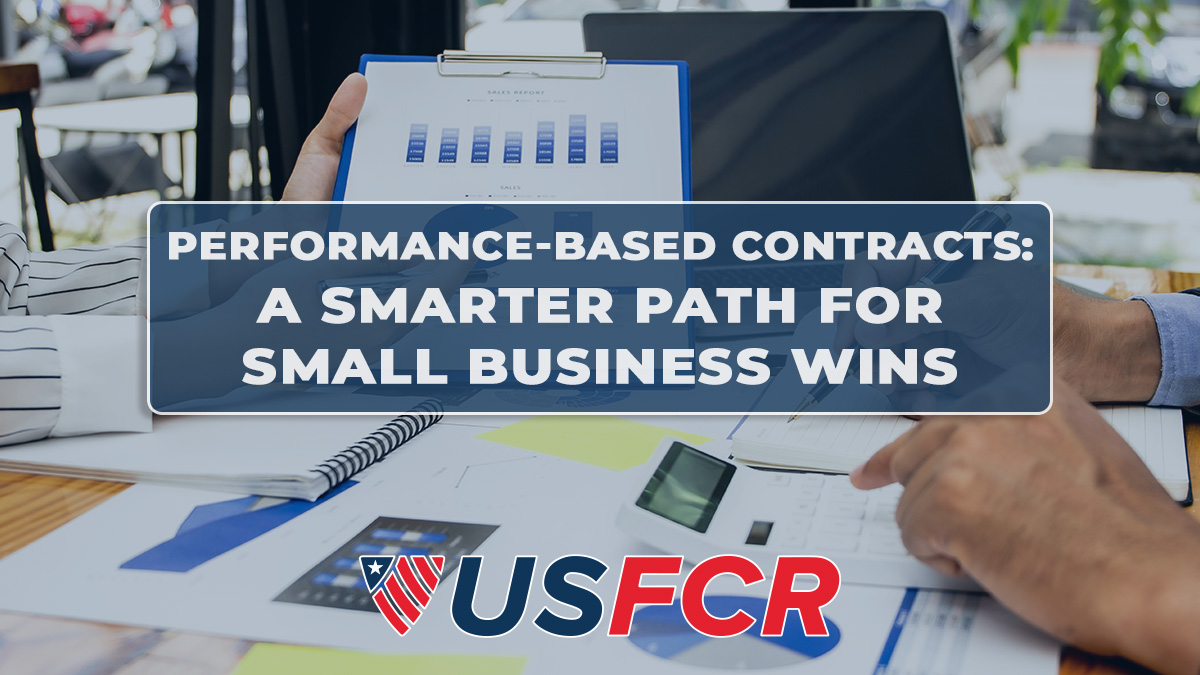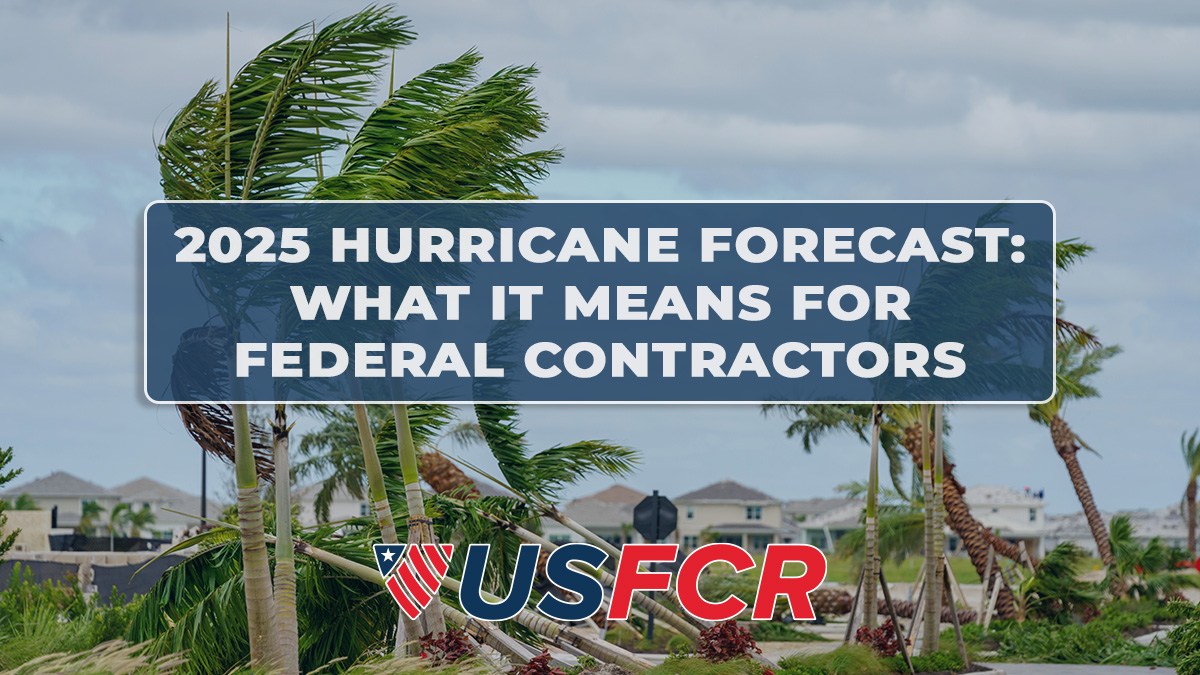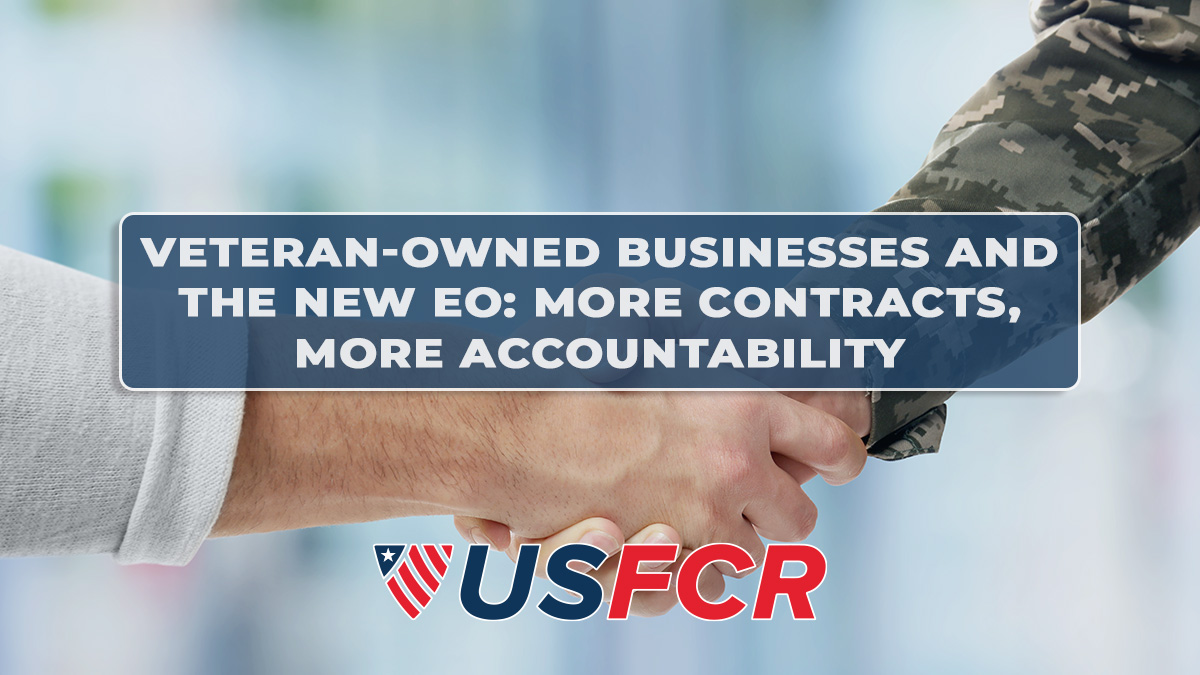Smart contracts are self-executing code that follow if-then rules on a blockchain. They do not replace the Federal Acquisition Regulation (FAR); they carry it out automatically. Agencies are already testing how these tools can confirm milestones, release payments, and log every step for easy audits. For vendors, this could cut weeks from payment cycles and provide a permanent record of performance.
What Smart Contracts Are
A smart contract is code that says, “If the delivery is verified, pay the vendor.” Once written, the logic cannot be changed without both parties agreeing. Think of direct deposit: after you enter the correct routing and account number, payments run by themselves.
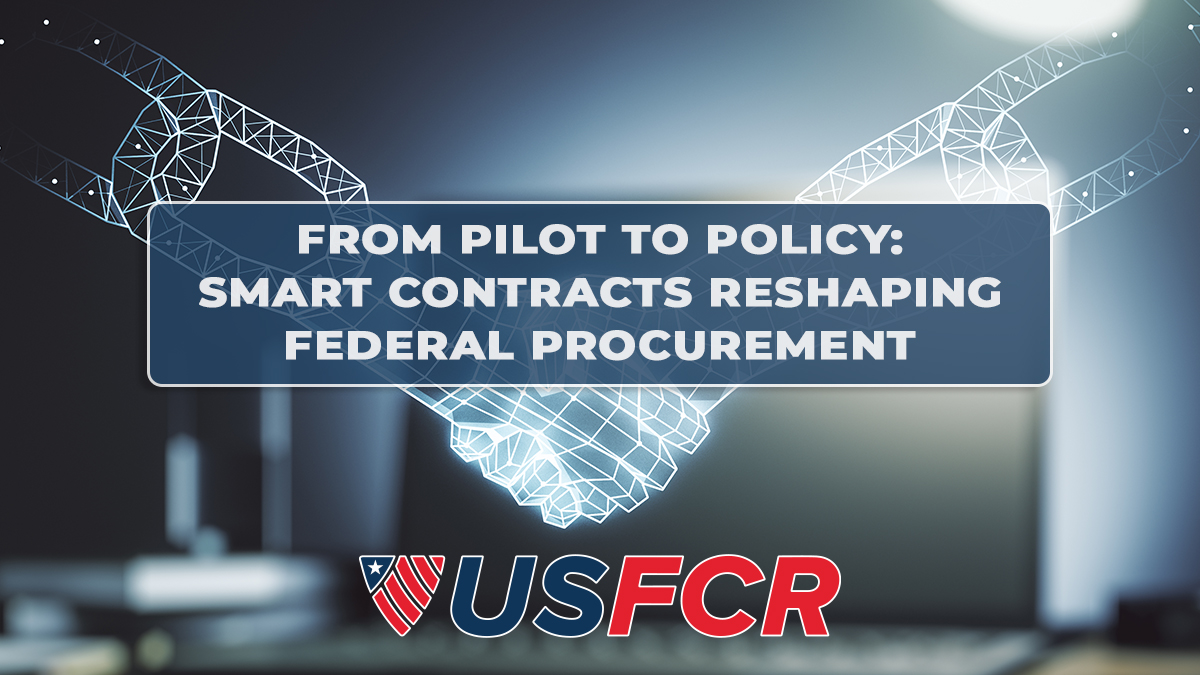
.png)
